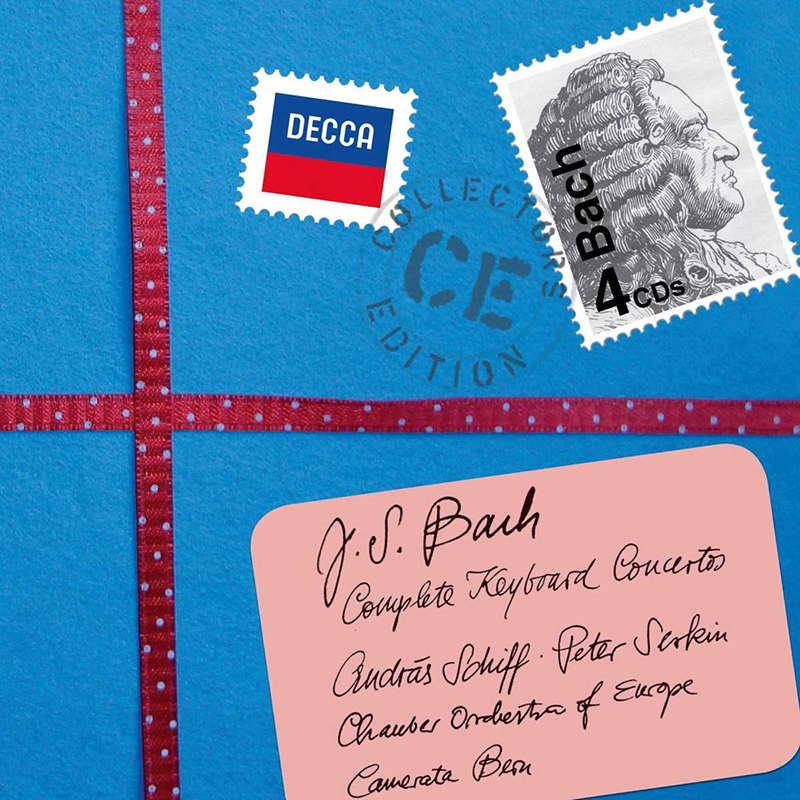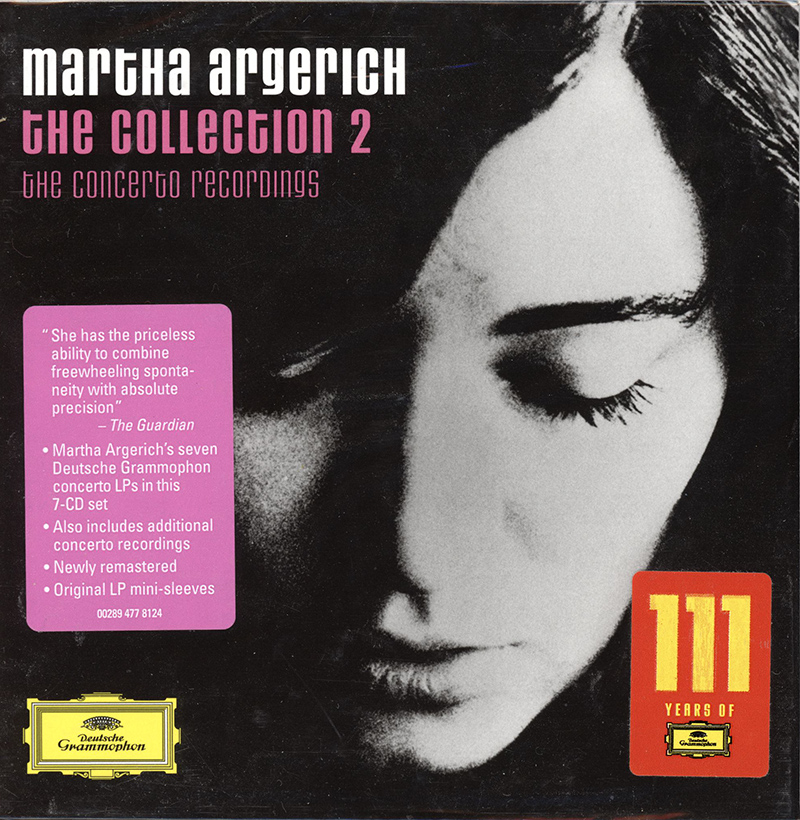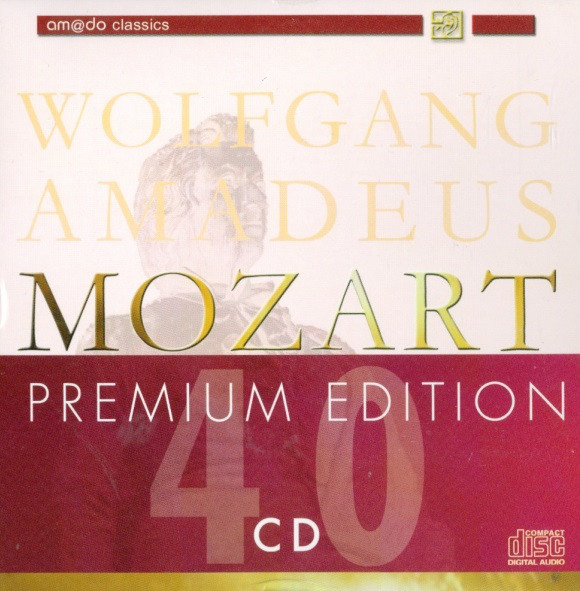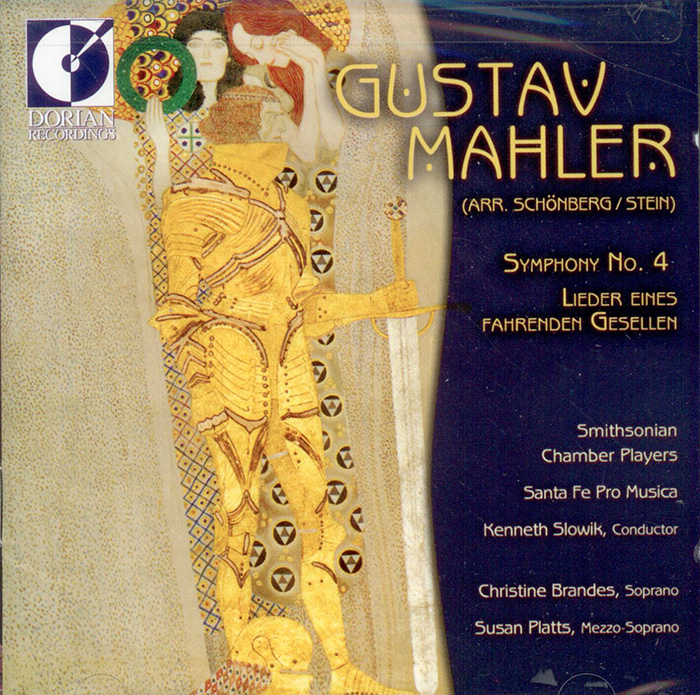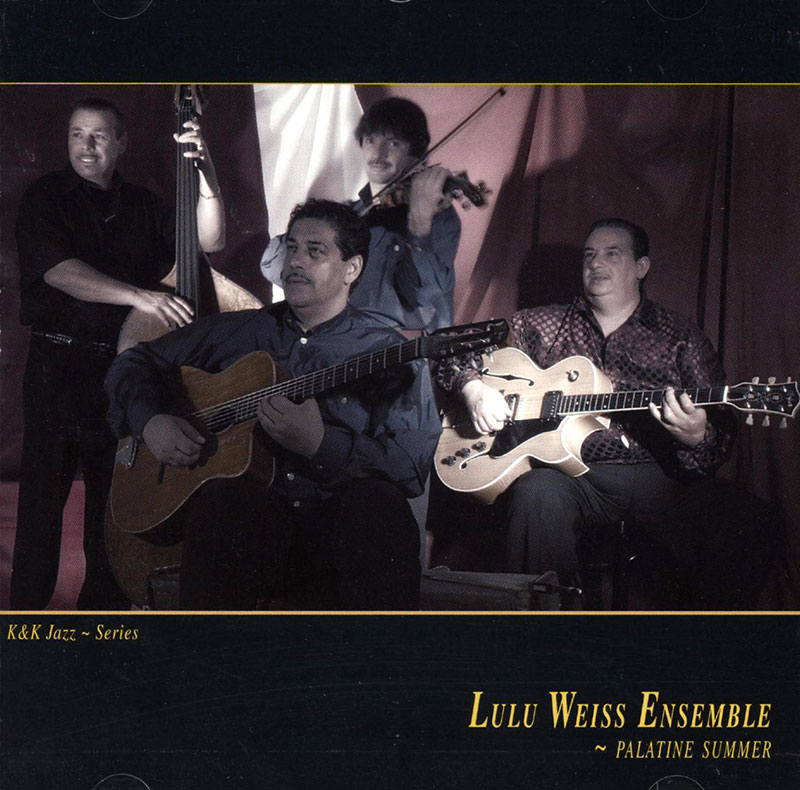Logowanie
KOLEKCJE!
BACH, CHOPIN, LISZT, MOZART, GRIEG, Dinu Lipatti, Otto Ackermann, Ernest Ansermet
The Master Pianist
PROKOFIEV, CHOPIN, TCHAIKOVSKY, SCHUMANN, BEETHOVEN, Martha Argerich, Claudio Abbado, Giuseppe Sinopoli
The Concerto Recordings
The Collection 2
Jakość LABORATORYJNA!
ORFF, Gundula Janowitz, Gerhard Stolze, Dietrich-Fischer Dieskau, Deutsche Oper Berlin, Eugen Jochum
Carmina Burana
ESOTERIC - NUMER JEDEN W ŚWIECIE AUDIOFILII I MELOMANÓW - SACD HYBR
Winylowy niezbędnik
ClearAudio
Essence MC
kumulacja zoptymalizowana: najlepsze z najważniejszych i najważniejsze z najlepszych cech przetworników Clearaudio
Direct-To-Disc
PIAZZOLLA, ChamberJam Europe
Tangos del Ángel y del Diablo
Direct-to-Disc ( D2D ) - Numbered Limited Edition
MAHLER, Christine Brandes, Susan Platts, Kenneth Slowik, Smithsonian Chamber Players
Symphony No. 4 / Lieder eines fahrenden Gesellen
- SYMPHONY NO. 4 IN G MAJOR
- Arranged for soprano, flute/piccolo, oboe/English horn, clarinet/bass clarinet, two violins, viola, cello, double-bass, piano, harmonium, and percussion by Erwin Stein (1921)
- [1.] Bedächtig. Nicht eilen 17:00
- [2.] In gemächlicher Bewegung. Ohne Hast 8:34
- [3.] Ruhevoll 21:05
- [4.] Sehr behaglich 9:28
- LIEDER EINES FAHRENDEN GESELLEN
- (SONGS OF A WAYFARER)
- Arranged for voice, flute/piccolo, clarinet, two violins, viola, cello, double-bass, piano, harmonium, and percussion by Arnold Schönberg (1920)
- [5.] "Wenn mein Schatz Hochzeit macht" 3:54
- [6.] "Ging heut’ Morgen übers Feld" 3:57
- [7.] "Ich hab’ ein glühend Messer in meiner Brust" 3:09
- [8.] "Die zwei blauen Augen von meinem Schatz" 5:29
- Total Program Length: 73:46
- Smithsonian Chamber Players - orchestra
- Christine Brandes - soprano
- Susan Platts - mezzosopran
- Kenneth Slowik - conductor
- MAHLER
Jedna z najbardzeij intrygujących interpretacji w absolutnie audiofilskim nagraniu 24Bit HDCD
Named one of the top five classical CDs of 2003 by The Globe and Mail, Canada The present recording brings together two great early works of Gustav Mahler in chamber orchestra arrangements made for use by Arnold Schönberg’s "Society for Private Musical Performances," played by an ensemble whose interpretations owe much to those of Willem Mengelberg, the celebrated conductor of the Amsterdam Concertgebouw Orchestra and Mahler’s most fervent advocate for more than a quarter century. Thus, rather than rehearse the details of Mahler’s life during the period in which he composed his Lieder eines fahrenden Gesellen and Fourth Symphony or discuss the works themselves (since this information can be found in numerous other sources), this note will sketch the history of Schönberg’s Society and attempt to convey the importance of Mengelberg’s work with Mahler, which presents a fascinating but little-known commentary on myriad performancepractice issues and casts new light on these familiar pieces. A warning to the faint-hearted may be in order: Mengelberg’s style clashes, at times violently, with the "objectivist" stance championed by Toscanini, and adopted generally in his wake... - Kenneth Slowik




